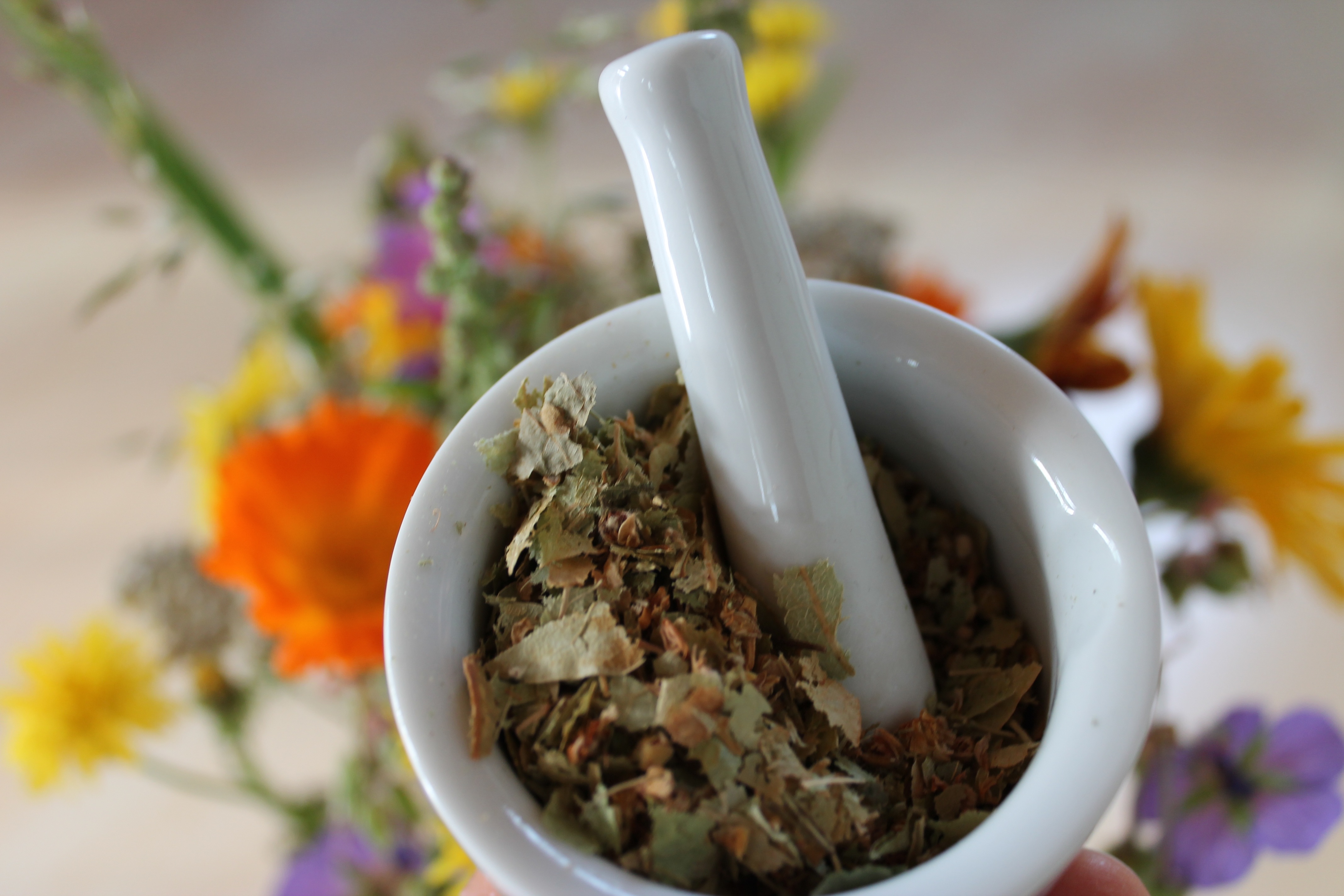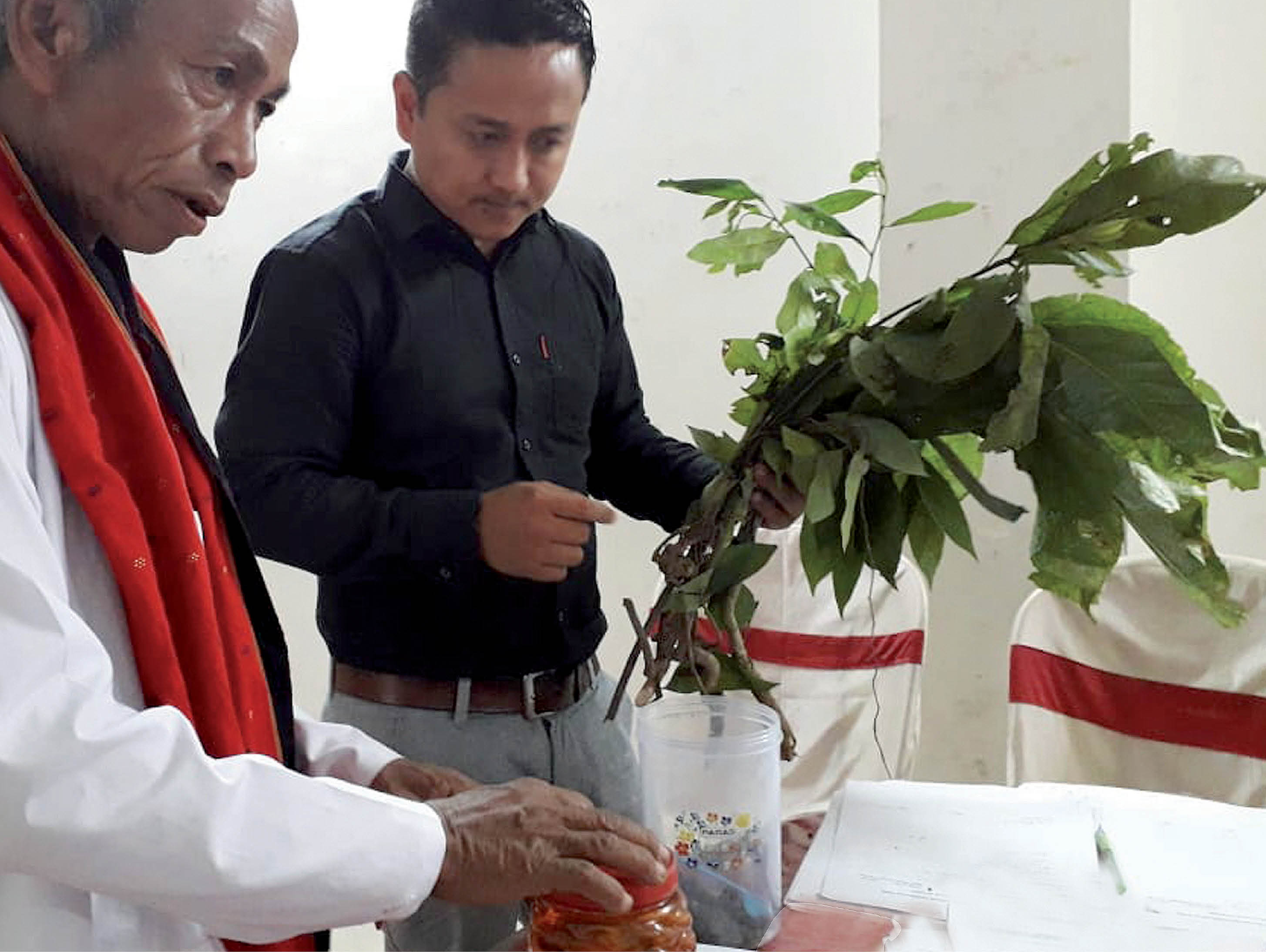Homoeopathy: A Primer on its Applicability



India is set to embark on a new chapter in its Polar exploration journey with the construction of Maitri II. The Indian government plans to establish a new research station near the existing Maitri ba...
.png )
The Deep Ocean Mission (DOM), approved by the Government of India in 2021 under the Ministry of Earth Sciences (MoES), represents a strategic step in realizing Sustainable Development Goal 14 (SDG 14:...

China recently announced restrictions on the export of seven rare earth elements (REEs), soon after US President Donald Trump decided to impose tariffs. As the world's dominant supplier—responsible fo...
In an era where the World Health Organisation (WHO) is worried about antibiotic sensitivity and chronic non-communicable diseases, homoeopathy is a therapeutic science that can step in to fill the ga...
The origin of Ayurveda has been traced to around 6000 BCE. The first recorded medical texts evolved from the Vedas. More than 1.5 million practitioners are using this traditional medicinal system for...
Traditional,indigenous and folk medicine is a system developed over generations within various civilizations, societies, communities, tribes and clans. The World Health Organisation estimated that 80...
The word AYUSH denotes traditional and non-conventional systems of health care and healing which includes ayurveda, yoga, naturopathy, unani, siddha, sowa rigpa and homoeopathy. AYUSH systems of medic...
In an era where the World Health Organisation (WHO) is worried about antibiotic sensitivity and chronic non-communicable diseases, homoeopathy is a therapeutic science that can step in to fill the gap. Research leads us to understand that homoeopathy is based on nano-technology and works on immunity enhancement.

The origin of Ayurveda has been traced to around 6000 BCE. The first recorded medical texts evolved from the Vedas. More than 1.5 million practitioners are using this traditional medicinal system for health care in India. It is estimated that 7800 manufacturing units are involved in the production of natural health products and traditional plant-based formulations in the nation, which requires mor...

Traditional,indigenous and folk medicine is a system developed over generations within various civilizations, societies, communities, tribes and clans. The World Health Organisation estimated that 80 per cent of the population in developing countries rely on traditional medicine, mostly plant medicines for their primary health care needs. In India, 70 per cent of the population is seen to use tra...
